The Daniel K. Inouye Asia-Pacific Center for Security Studies (DKI APCSS) hosted the fifth workshop in the “Building Maritime Shared Awareness in Southeast Asia” series July 28-31, to advance regional efforts to build a Recognized Maritime Picture (RMP) for Southeast Asia.
Building on discussions begun in 2015, this iteration in the series brought together representatives from the maritime focal points and info-sharing hubs of the five original Maritime Security Initiative (MSI) countries (Indonesia, Malaysia, Philippines, Thailand, and Vietnam) to develop their professional networks, gain a better understanding of the national and regional info-sharing mechanisms, share best practices, and outline their interagency action plans to enhance maritime shared awareness in their nations and the region.
Hosted by DKI APCSS in Honolulu, the workshop is linked to the inaugural Comprehensive Maritime Security Cooperation (CMSC) Course in maximizing the opportunity for better outcomes. Each of the principal agencies involved in maritime shared awareness of the five Southeast Asian countries sent two participants to the workshop. One of the two joined the workshop only, while the other individual participated in both the workshop and the four-week Comprehensive Maritime Security Cooperation (CMSC) Course, which began Aug. 1 and ran until Aug. 28. Twenty-four participants of the MSA 5 are also attending the CMSC and formed country cohorts and will complete their national action plans outlined at the workshop as their “Fellows’ Projects” in the CMSC Course. This is the first time DKI APCSS has conducted a workshop in three phases: a pre-workshop phase where participants shared the big picture of their respective maritime information architecture, the workshop proper, and the post-workshop project embedded in the CMSC course.
According to Dr. Alex Vuving, academic lead for the workshop, “this three-phase approach has created an ideal setting for participants to share candid thoughts, try innovative ideas, and achieve actionable outcomes.”
The workshop featured plenary presentations on best practices of maritime shared awareness, followed by discussion in plenary and small groups. Participants from each country worked together to make non-binding recommendations on the outline of an interagency action plan for enhancing maritime shared awareness nationally and regionally.
“The value gained from this workshop is that through the accumulation of information, questions and answers and experienced gained directly with the participants from the participating countries and the experts related to the issues discussed together are very important to the interests of the country, the agency and the individual professionalism of the participating countries,” said one participant. (Note: Due to DKI APCSS’ non-attribution policy, names of participants will not be used in this article).
“For my country, it’s worth to increase the awareness in maritime security,” explained another participant. “For my agency, it assists the department to jointly perform our operation to meet the target of maritime security. To my profession, it helps me to understand the importance of sharing information and the importance of maritime domain and awareness.”
Information sharing lies at the heart of maritime shared awareness. There are multiple maritime security focal points and coordination centers located throughout Southeast Asia, but information sharing among them nationally as well as regionally is challenging. At the same time, regional states are making remarkable progress in national and regional information sharing. Examples include Thailand’s Maritime Law Enforcement Command Center (THAI-MECC) as the nation’s interagency fusion center for maritime information, the ASEAN Direct Communications Infrastructure (ADI) as a hotline between the ASEAN members’ Ministries of Defense, and the information-sharing mechanisms of the Malacca Strait Patrols. Shared awareness in the maritime domain relies on communications interoperability and diverse tracking tools such as Automatic Identification System (AIS), Visible Infrared Imaging Radiometer Suite (VIIRS), Synthetic Aperture Radar (SAR), and high-resolution satellite imagery. While some Southeast Asian nations already have a national action plan for their maritime policy, others are building their national maritime strategy. An interagency action plan to enhance maritime shared awareness would be timely support to these policy endeavors.


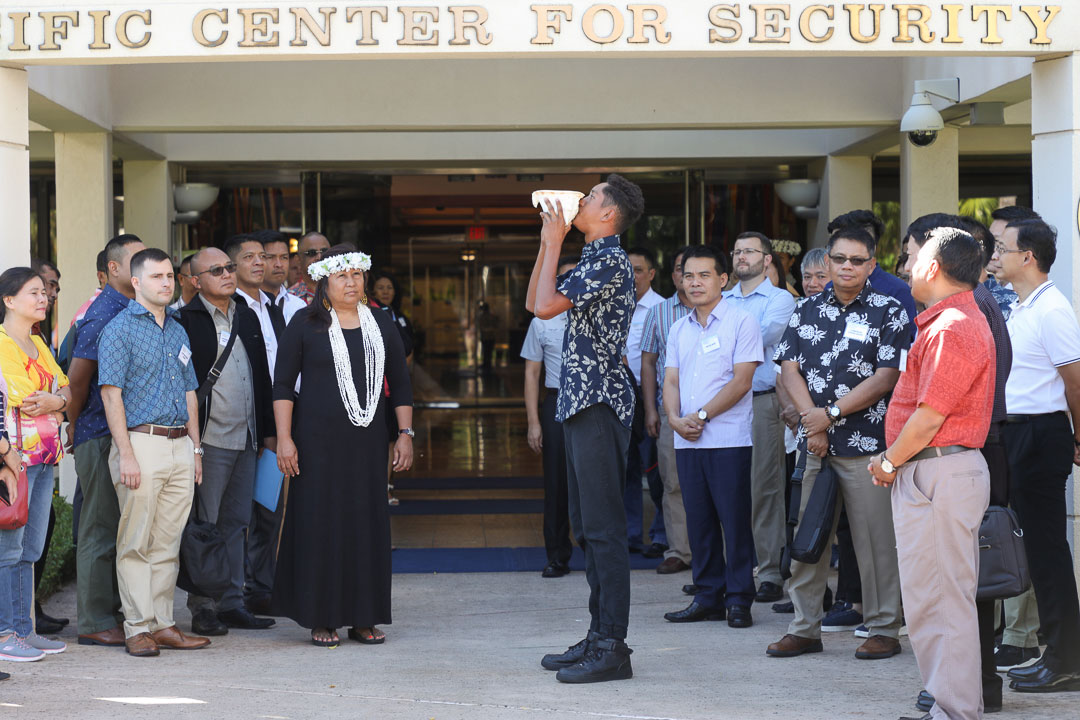
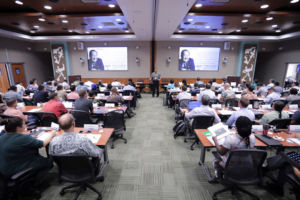
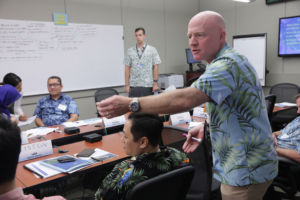
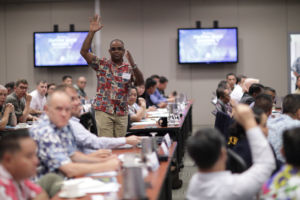
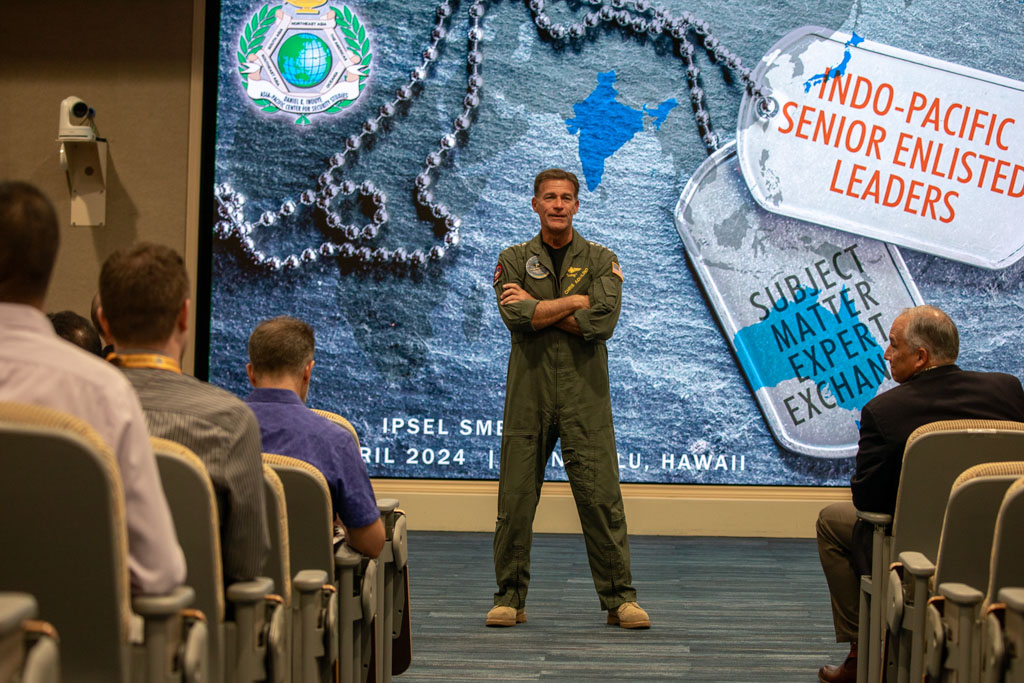
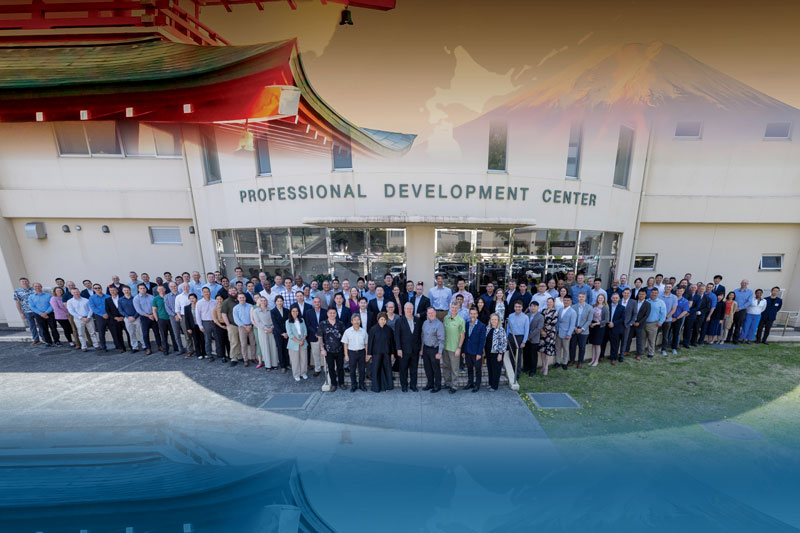
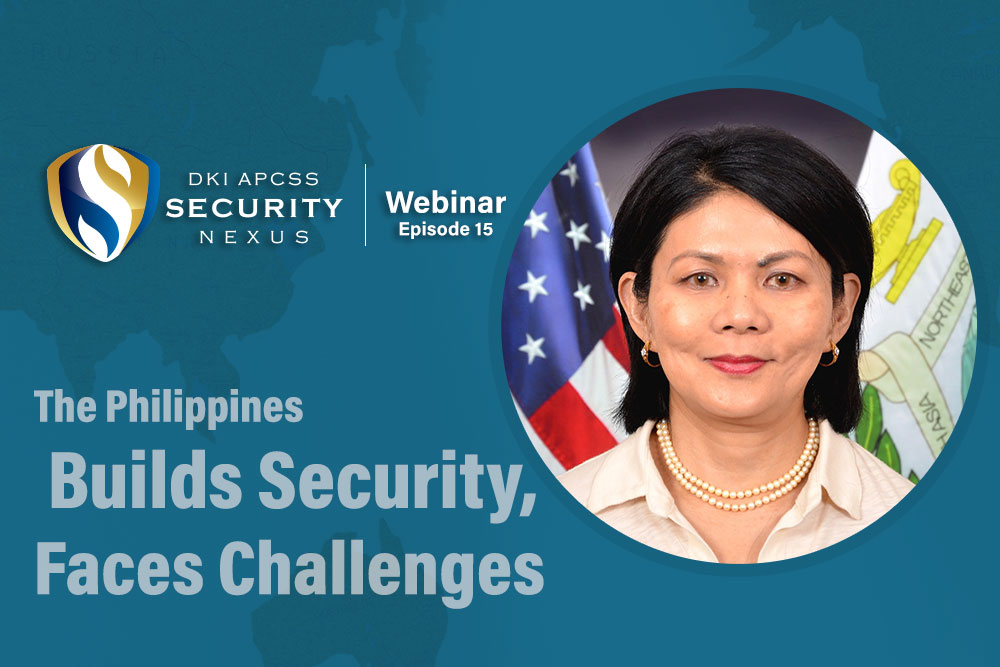




Leave A Comment